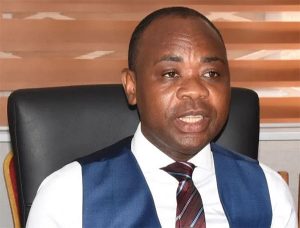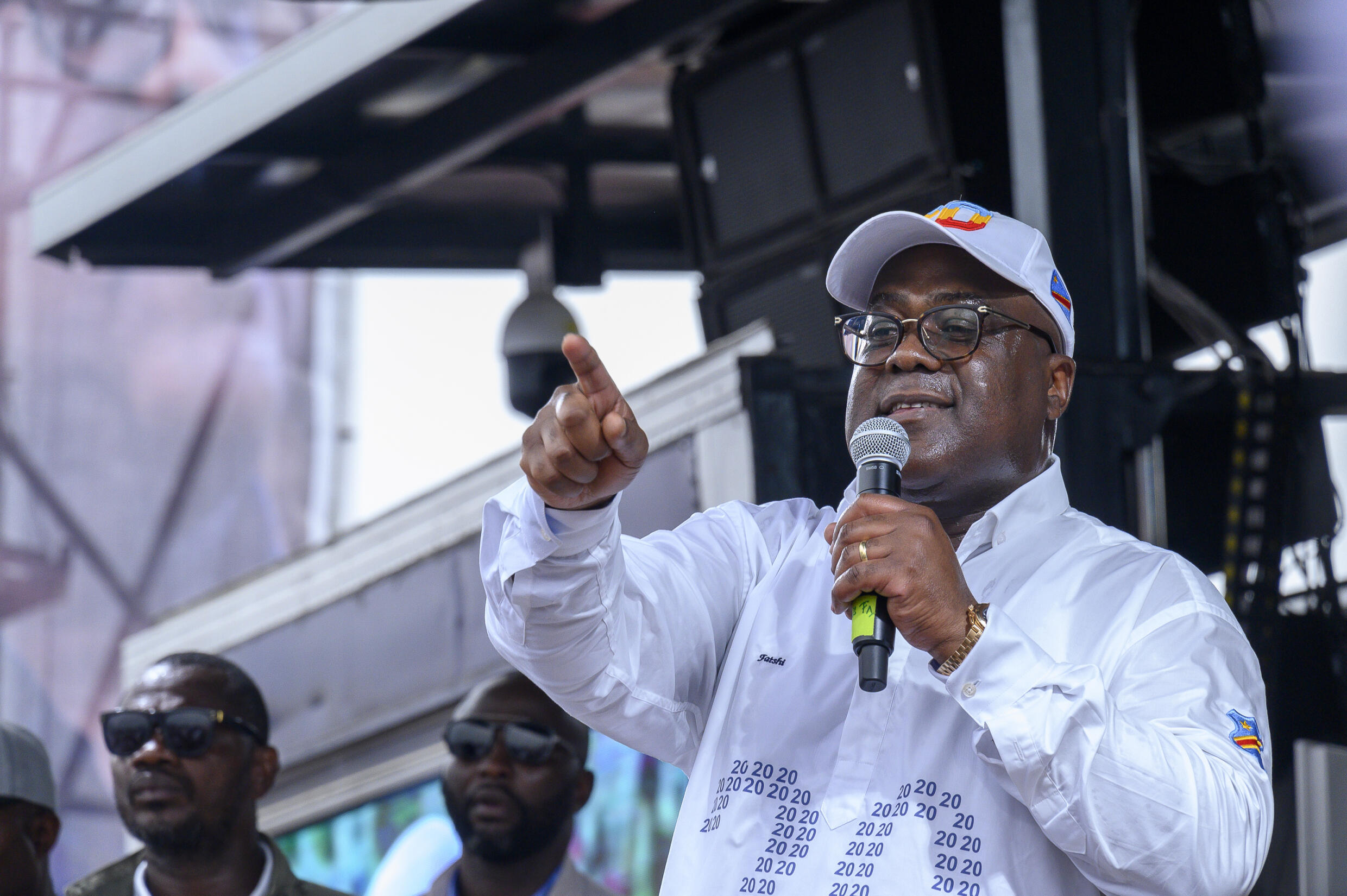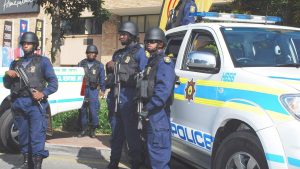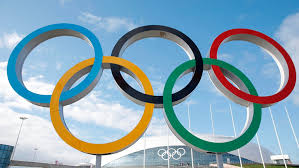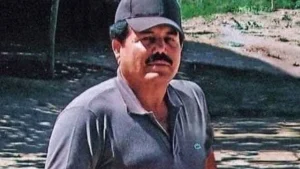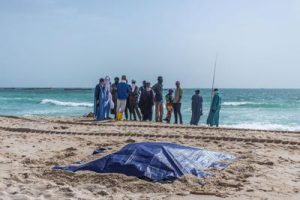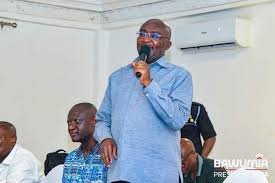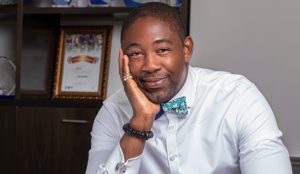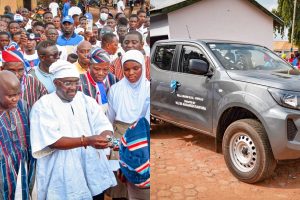Polling stations opened Wednesday in a high-stakes Democratic Republic of the Congo general election pitting the incumbent President Felix Tshisekedi against a fragmented opposition, as much of the east of the country is mired in conflict.
Polling stations opened at 6 a.m. and will close at 5 p.m. local time.
Journalists saw the first voter casting his ballot at a polling station in the eastern city of Kisangani, which sits in a region an hour ahead of the rest of the huge country, which straddles two time zones.
Around 44 million Congolese, in a nation of 100 million, are registered to choose their president as well as lawmakers in national and provincial assemblies and local councillors. First, Congolese citizens residing in South Africa, Belgium, the United States and France will cast ballots.
More than 100,000 candidates are running for various positions, and while counting is set to begin as soon as polling stations close, results are not expected to be announced for several days.
60-year-old Tshisekedi faces 18 challengers. The incumbent, who took office in 2019 and is running for a second five-year term, is considered the front-runner to win in the single-round presidential vote.
Tshisekedi’s record, as he has acknowledged, is mixed. He has presided over years of economic growth but little job creation and soaring inflation. He is asking for another term to “consolidate his gains.”.
Throughout the campaign, he also poured scorn on what he termed “foreign candidates,” suggesting that his opponents have dual loyalties and lack the will to stand up to Rwanda, which the DRC accuses of funding rebel groups on its soil.
Moise Katumbi, a former governor of mineral-rich Katanga province, is the main target of such attacks. Armed conflict in eastern DRC overshadowed much of the electoral campaign. Militias have plagued the troubled region for decades, a legacy of regional wars that flared in the 1990s and 2000s.
Tensions have resumed since the M23 group, which is allegedly backed by Rwanda, began capturing swathes of territory in late 2021. Clashes with M23 fighters have subsided in recent weeks but the rebels continue to hold sway over large parts of North Kivu province. Citizens living in those areas will not be able to vote. All the major opposition candidates say they suspect the government of preparing electoral fraud.
